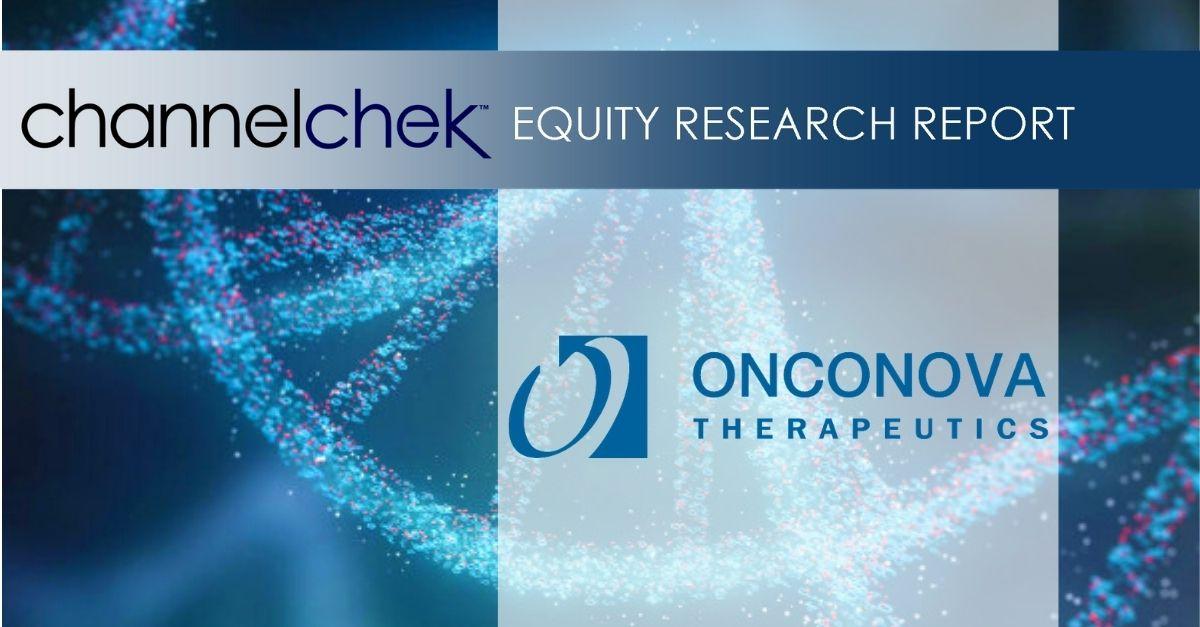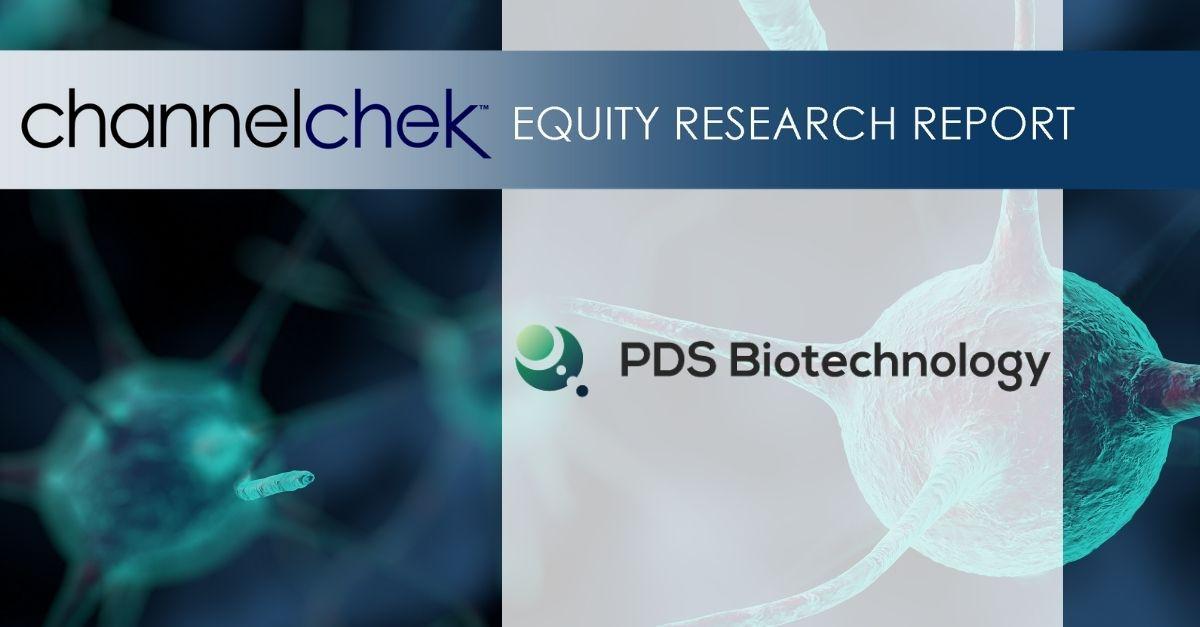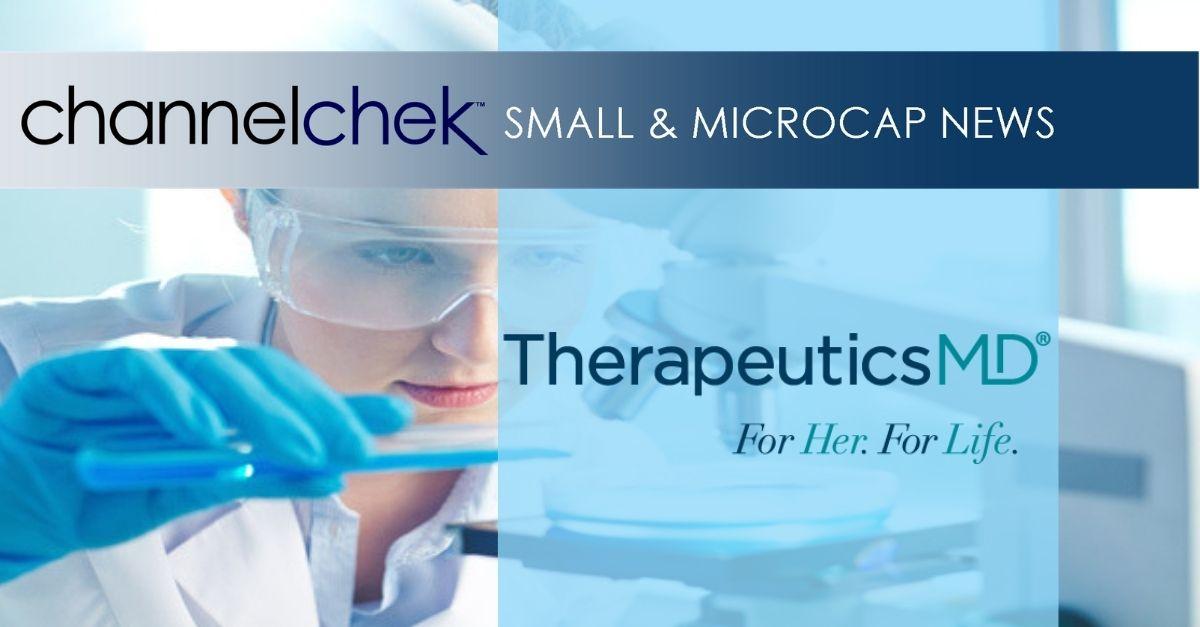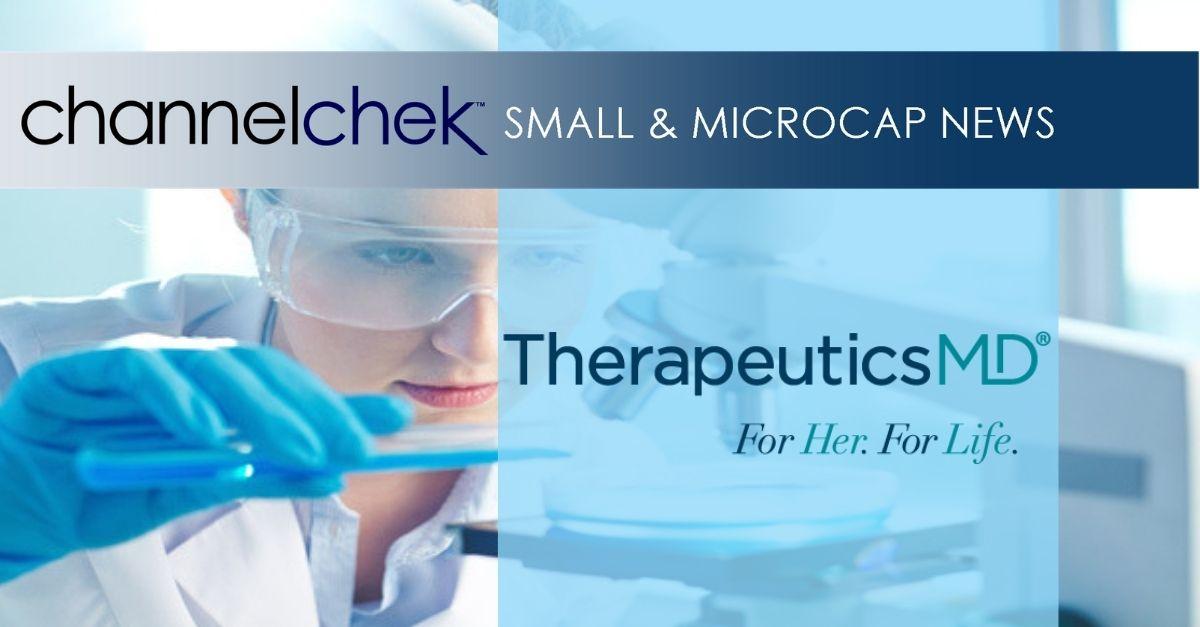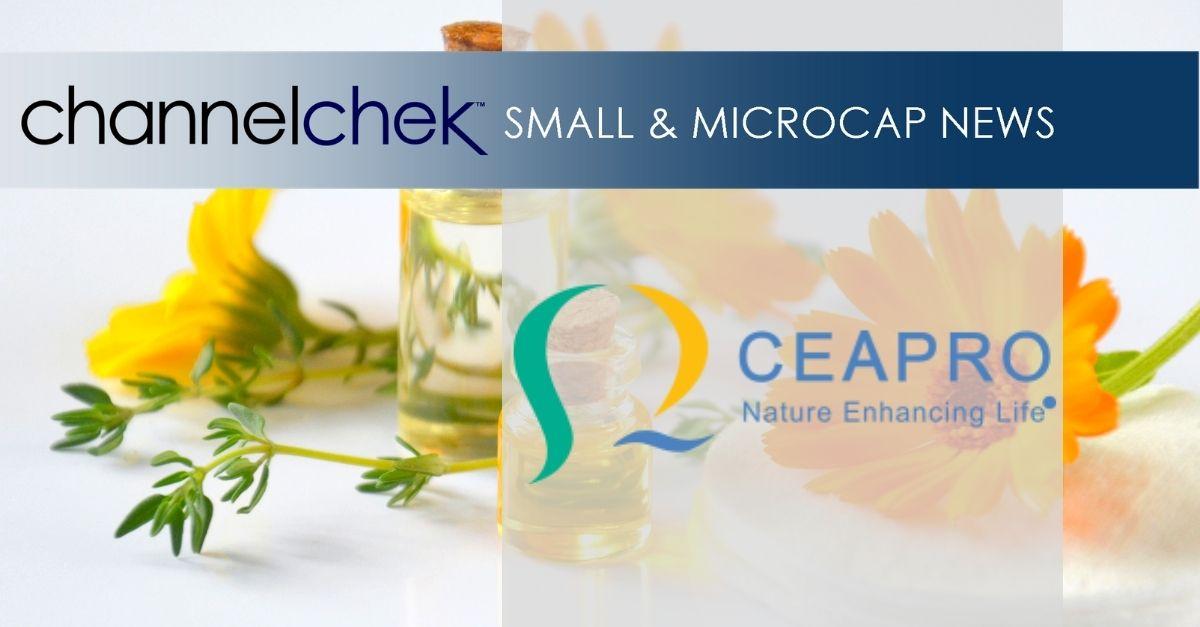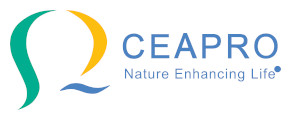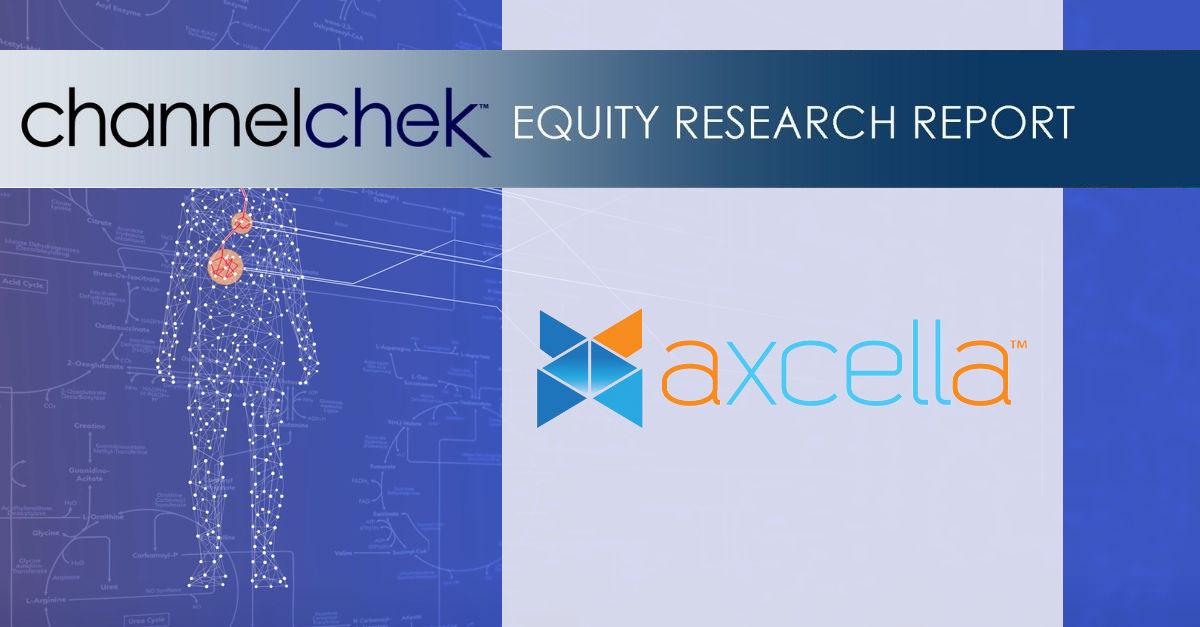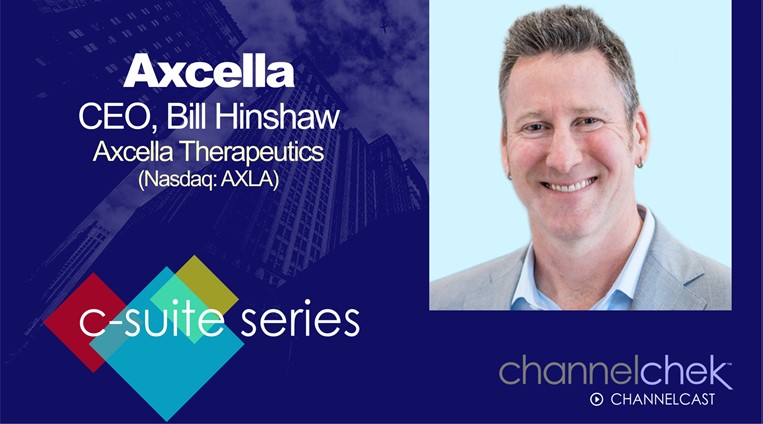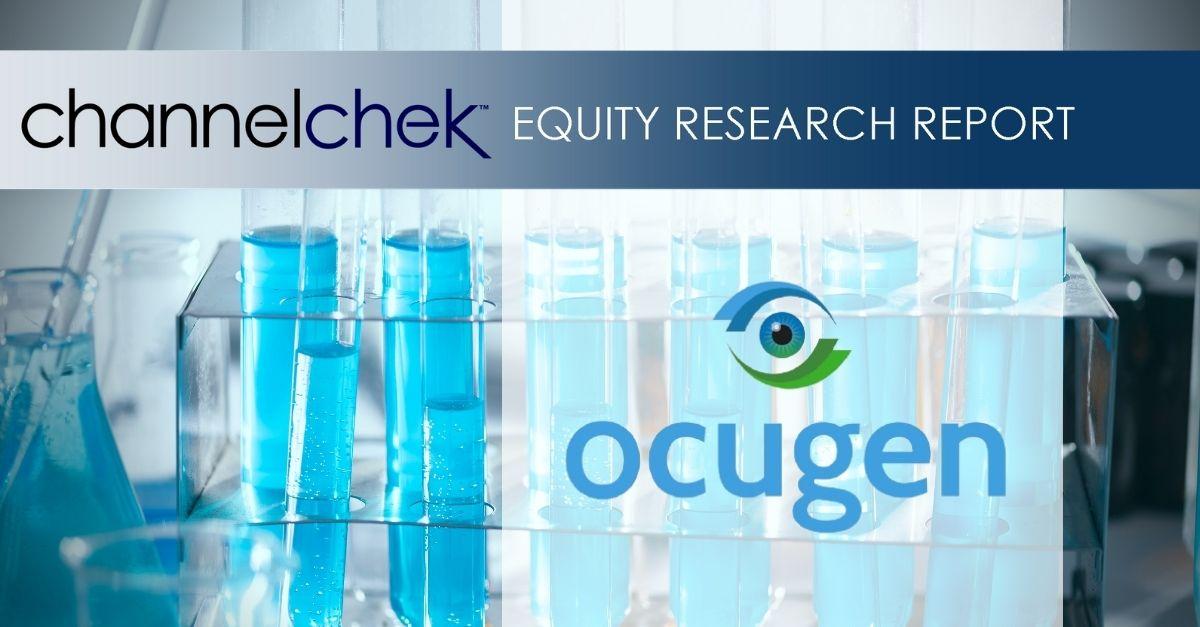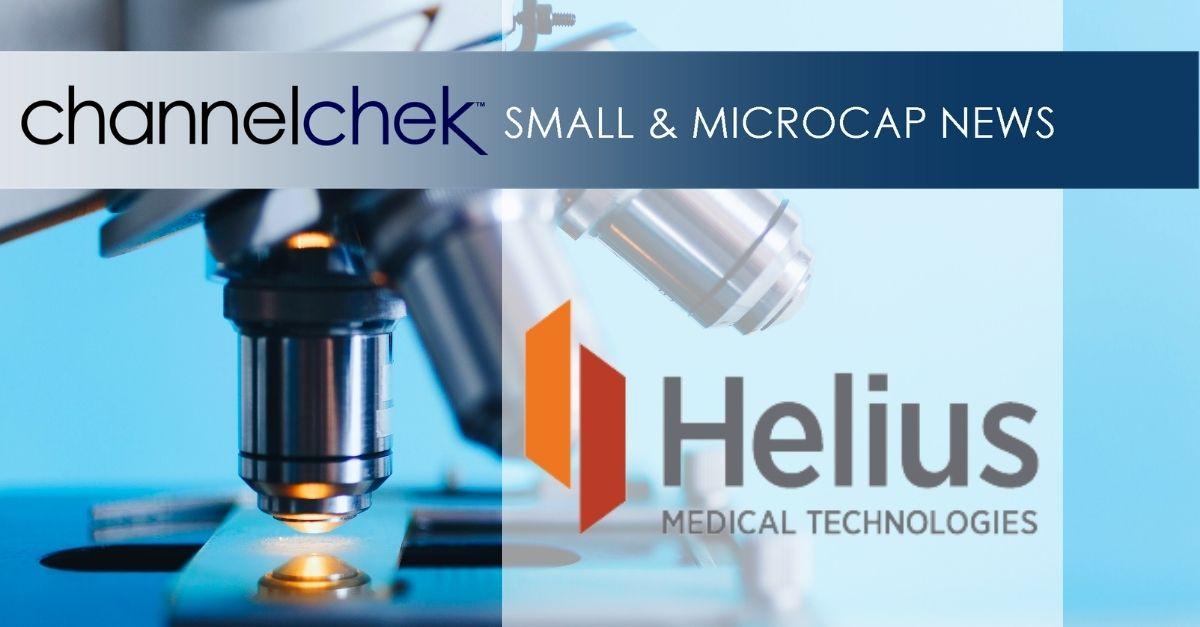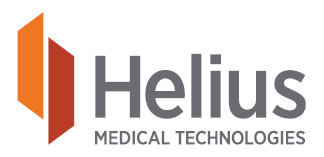
TherapeuticsMD Announces Third Quarter 2021 Financial Results
– Quarterly total net product revenue of
$24.5 million, an increase of 41.1% over Q3 2020 –
– ANNOVERA® TRx of 8,351, an increase of 62.7% over Q3 2020 –
– Cost savings initiative to reduce SG&A by
$40 million in 2022; anticipated additional savings of approximately
$20 million annualized tied to the divestiture of vitaCare –
– Hugh O’Dowd, President, to become Chief Executive Officer;
Robert Finizio appointed Vice Chair of the Board –
– Conference call scheduled for
8:30 a.m. ET today –
BOCA RATON, Fla.–(BUSINESS WIRE)–Nov. 11, 2021–
TherapeuticsMD, Inc. (“TXMD” or the “Company”) (NASDAQ: TXMD), an innovative, leading women’s healthcare company, today reported financial results for the third quarter ended
September 30, 2021. In addition, today the Company announced a significant cost savings initiative designed to reduce its annual costs in 2022 by at least
$40 million. This figure does not include savings from, or the costs associated with, the divestiture of vitaCare, which are estimated at approximately
$20 million annually.
“We have made significant changes to our business strategy, which we believe will help us achieve our goal of EBITDA breakeven in the second half of 2022. Specifically, we put a cost savings plan in place and we have implemented a more concerted focus on healthcare professionals. These refinements are already yielding results, as evidenced by the steady progress made during the third quarter, notably the strong year-over-year growth in ANNOVERA prescriptions,” said Hugh O’Dowd, President of
TherapeuticsMD.
“I would like to thank Rob for his leadership and vision in creating an innovative healthcare company with products that benefit women across their lifecycles. I would also like to formally welcome
Mark Glickman as our Chief Commercial Officer. His commercial acumen is already having a positive impact on our day-to-day operations. Looking ahead, I am confident that we can reduce our annual expenses significantly, deliver value to shareholders, and most importantly, bring our high-quality products to the women who need them,” concluded O’Dowd.
Third Quarter 2021 Financial Results and Business Highlights
Net Product Revenue (in thousands)
|
|
|
Three Months Ended
|
|
|
|
|
September 30,
|
|
|
|
|
2021
|
|
|
2020
|
|
|
Product revenue:
|
|
|
|
|
|
|
|
|
|
ANNOVERA
|
|
$
|
11,807
|
|
|
$
|
6,419
|
|
|
IMVEXXY
|
|
|
8,016
|
|
|
|
6,841
|
|
|
BIJUVA
|
|
|
3,298
|
|
|
|
1,646
|
|
|
Prescription vitamin
|
|
|
1,348
|
|
|
|
2,436
|
|
|
Product revenue, net
|
|
|
24,469
|
|
|
|
17,342
|
|
|
License revenue
|
|
|
937
|
|
|
|
2,000
|
|
|
Total revenue, net
|
|
$
|
25,406
|
|
|
$
|
19,342
|
|
ANNOVERA (segesterone acetate and ethinyl estradiol vaginal system)
- ANNOVERA net product revenue of
$11.8 million for the third quarter of 2021 increased by
$5.4 million compared to
$6.4 million for the third quarter of 2020.
- Approximately 8,350 ANNOVERA prescriptions were dispensed to patients during the third quarter of 2021. Prescriptions increased 62.7% compared to the third quarter of 2020.
- Over 4,500 health care providers (HCPs) prescribed ANNOVERA during the third quarter, of which nearly 29% were new writers.
- Growth in prescribers of approximately 1,600 over third quarter of 2020.
- Cumulatively over 9,450 HCPs have prescribed ANNOVERA.
IMVEXXY® (estradiol vaginal inserts)
- IMVEXXY net product revenue of
$8.0 million for the third quarter of 2021 increased by
$1.2 million compared to
$6.8 million for the third quarter of 2020.
- Approximately 113,000 IMVEXXY prescriptions were dispensed to patients during the third quarter of 2021.
- Full re-targeting initiative taking place in the fourth quarter of 2021, with implementation in the first quarter of 2022.
- Plan to rejuvenate growth and optimize HCP focus.
BIJUVA® (estradiol and progesterone)
- BIJUVA net product revenue of
$3.3 million for the third quarter of 2021 increased by
$1.7 million compared to
$1.6 million for the third quarter of 2020.
- BIJUVA net product revenue for the third quarter of 2021 includes
$0.7 million of export sales through our international licensing and supply agreement with
Theramex HQ UK Limited.
- Re-targeting initiative taking place, similar to the process with IMVEXXY.
Cost of Goods Sold and Gross Margin
- Cost of goods was
$5.3 million with product gross margin of 78% for the third quarter of 2021 compared to
$3.3 million with product gross margin of 81% for the third quarter of 2020. The lower product gross margin for the third quarter of 2021 reflects the impact of
$0.7 million of BIJUVA export sales, which were sold at cost.
Operating Expense, Net Loss and Related Information
- Total operating expense of
$60.0 million for the third quarter of 2021 increased by
$19.0 million compared to
$41.0 million for the third quarter of 2020. Included in total operating expense for the third quarter of 2021 was
$7.3 million of severance related expenses recorded for certain former senior executives.
- Net loss for the third quarter of 2021 was
$47.4 million, or
$0.11 per basic and diluted share, compared to net loss for the third quarter of 2020 of
$32.6 million, or
$0.12 per basic and diluted share.
Balance Sheet
- As of
September 30, 2021, the Company’s cash on hand totaled
$104.8 million, compared with
$80.5 million as of
December 31, 2020.
- For the first nine months of 2021, the Company received
$182.9 million in net proceeds from its at-the-market and underwritten equity offerings.
- As of
September 30, 2021, the remaining outstanding principal amount under the Company’s Financing Agreement was
$200.0 million, which reflects a repayment of
$50.0 million of principal during the first nine months of 2021.
The contract manufacturing organization that manufactures ANNOVERA has recently experienced an increase in difficulties with the manufacturing process for ANNOVERA resulting in batch failures. The Company filed a supplemental NDA with the FDA to modify the manufacturing (testing) specification for ANNOVERA to allow for normal manufacturing variation that would increase the consistency of manufacturing and supply of ANNOVERA. The Company expects that the FDA will act on the supplemental NDA by the Prescription Drug User Fee Act (“PDUFA”) date of
December 12, 2021. If the FDA does not approve the supplemental NDA by the PDUFA date, the Company may not be able to meet the revenue covenants under its Financing Agreement in the near term. The manufacturing difficulties relate only to our ability to meet the release specification, and any ANNOVERA rings currently being sold meet the exacting quality specifications. For more information regarding the covenants under the Financing Agreement, please see the Company’s filings with the
SEC.
Conference Call and Webcast Details
TherapeuticsMD will host a conference call and live audio webcast today at
8:30 a.m. ET to discuss these financial results and provide a business update.
|
Date:
|
Thursday, November 11, 2021
|
|
Time:
|
8:30 a.m. ET
|
|
Telephone Access (US):
|
866-665-9531
|
|
Telephone Access (International):
|
724-987-6977
|
|
Access Code for All Callers:
|
6341637
|
A live webcast and audio archive for the event may be accessed on the home page or from the “Investors & Media” section of the
TherapeuticsMD website at www.therapeuticsmd.com. Please connect to the website prior to the start of the presentation to ensure adequate time for any software downloads that may be necessary to listen to the webcast. A replay of the webcast will be archived on the website for at least 30 days. In addition, a digital recording of the conference call will be available for replay beginning two hours after the call’s completion and for at least 30 days with the dial-in 855-859-2056 or international 404-537-3406 and Conference ID: 6341637.
Please see the Full Prescribing Information, including indication and Boxed WARNING, for each
TherapeuticsMD product as follows:
Forward-Looking Statements
This press release by
TherapeuticsMD, Inc. may contain forward-looking statements. Forward-looking statements may include, but are not limited to, statements relating to TherapeuticsMD’s objectives, plans and strategies as well as statements, other than historical facts, that address activities, events or developments that the company intends, expects, projects, believes or anticipates will or may occur in the future. These statements are often characterized by terminology such as “believes,” “hopes,” “may,” “anticipates,” “should,” “intends,” “plans,” “will,” “expects,” “estimates,” “projects,” “positioned,” “strategy” and similar expressions and are based on assumptions and assessments made in light of management’s experience and perception of historical trends, current conditions, expected future developments and other factors believed to be appropriate. Forward-looking statements in this press release are made as of the date of this press release, and the company undertakes no duty to update or revise any such statements, whether as a result of new information, future events or otherwise. Forward-looking statements are not guarantees of future performance and are subject to risks and uncertainties, many of which are outside of the company’s control. Important factors that could cause actual results, developments and business decisions to differ materially from forward-looking statements are described in the sections titled “Risk Factors” in the company’s filings with the
Securities and Exchange Commission, including its most recent Annual Report on Form 10-K and Quarterly Reports on Form 10-Q, as well as reports on Form 8-K, and include the following: the effects of the COVID-19 pandemic; the company’s ability to maintain or increase sales of its products; the company’s ability to develop and commercialize IMVEXXY®, ANNOVERA®, and BIJUVA® and obtain additional financing necessary therefor; whether the company will be able to comply with the covenants and conditions under its term loan facility; whether the company will be able to successfully divest, or obtain an investment in, its vitaCare business and how the proceeds that may be generated by any such divestiture or investment will be utilized; the effects of supply chain issues on the supply of the company’s products; the potential of adverse side effects or other safety risks that could adversely affect the commercialization of the company’s current or future approved products or preclude the approval of the company’s future drug candidates; whether the FDA will approve the lower dose of BIJUVA and the manufacturing supplement for ANNOVERA; the company’s ability to protect its intellectual property, including with respect to the Paragraph IV notice letters the company received regarding IMVEXXY and BIJUVA; the length, cost and uncertain results of future clinical trials; the company’s reliance on third parties to conduct its manufacturing, research and development and clinical trials; the ability of the company’s licensees to commercialize and distribute the company’s products; the ability of the company’s marketing contractors to market ANNOVERA; the availability of reimbursement from government authorities and health insurance companies for the company’s products; the impact of product liability lawsuits; the influence of extensive and costly government regulation; the impact of leadership transitions; the volatility of the trading price of the company’s common stock and the concentration of power in its stock ownership.
– Financial Statements to Follow –
TherapeuticsMD, Inc. and Subsidiaries
Consolidated Balance Sheets
(In thousands, except per share data) |
|
|
|
|
|
|
|
September 30, 2021
|
|
December 31, 2020
|
|
|
(Unaudited) |
|
|
| Assets: |
|
|
|
|
| Current assets: |
|
|
|
|
| Cash |
|
$
|
104,841
|
|
|
$
|
80,486
|
|
Accounts receivable, net of allowance for credit losses of
$1,351 and
$1,118
as of
September 30, 2021 and
December 31, 2020, respectively |
|
|
37,402
|
|
|
|
32,382
|
|
| Inventory |
|
|
7,362
|
|
|
|
7,993
|
|
| Prepaid and other current assets |
|
|
10,374
|
|
|
|
7,543
|
|
| Total current assets |
|
|
159,979
|
|
|
|
128,404
|
|
| Fixed assets, net |
|
|
1,388
|
|
|
|
1,942
|
|
| License rights and other intangible assets, net |
|
|
39,617
|
|
|
|
41,445
|
|
| Right of use assets |
|
|
8,391
|
|
|
|
9,566
|
|
| Other non-current assets |
|
|
253
|
|
|
|
253
|
|
| Total assets |
|
$
|
209,628
|
|
|
$
|
181,610
|
|
| Liabilities and stockholders’ equity (deficit): |
|
|
|
|
| Current liabilities: |
|
|
|
|
| Current maturities of long-term debt |
|
$
|
15,000
|
|
|
$
|
—
|
|
| Accounts payable |
|
|
19,592
|
|
|
|
21,068
|
|
| Accrued expenses and other current liabilities |
|
|
51,674
|
|
|
|
38,170
|
|
| Total current liabilities |
|
|
86,266
|
|
|
|
59,238
|
|
| Long-term debt, net |
|
|
171,738
|
|
|
|
237,698
|
|
| Operating lease liabilities |
|
|
8,226
|
|
|
|
8,675
|
|
| Other non-current liabilities |
|
|
758
|
|
|
|
—
|
|
| Total liabilities |
|
|
266,988
|
|
|
|
305,611
|
|
| Commitments and contingencies |
|
|
|
|
| Stockholders’ equity (deficit): |
|
|
|
|
Preferred stock, par value
$0.001; 10,000 shares authorized, none issued |
|
|
—
|
|
|
|
—
|
|
Common stock, par value
$0.001; 600,000 shares authorized, 424,879 and 299,765
issued and outstanding as of
September 30, 2021 and
December 31, 2020, respectively |
|
|
425
|
|
|
|
300
|
|
| Additional paid-in capital |
|
|
950,615
|
|
|
|
754,644
|
|
| Accumulated deficit |
|
|
(1,008,400
|
)
|
|
|
(878,945
|
)
|
| Total stockholders’ deficit |
|
|
(57,360
|
)
|
|
|
(124,001
|
)
|
| Total liabilities and stockholders’ equity (deficit) |
|
$
|
209,628
|
|
|
$
|
181,610
|
|
TherapeuticsMD, Inc. and Subsidiaries
Consolidated Statements of Operations
(Unaudited – in thousands, except per share data) |
|
|
|
|
|
|
|
|
|
|
|
Three Months Ended |
|
Nine Months Ended |
|
|
September 30, |
|
September 30, |
|
|
2021
|
|
2020
|
|
2021
|
|
2020
|
| Product revenue, net |
|
$
|
24,469
|
|
|
$
|
17,342
|
|
|
$
|
67,102
|
|
|
$
|
40,294
|
|
| License revenue |
|
|
937
|
|
|
|
2,000
|
|
|
|
1,171
|
|
|
|
2,000
|
|
| Total revenue, net |
|
|
25,406
|
|
|
|
19,342
|
|
|
|
68,273
|
|
|
|
42,294
|
|
| Cost of goods sold |
|
|
5,282
|
|
|
|
3,279
|
|
|
|
14,101
|
|
|
|
10,394
|
|
| Gross profit |
|
|
20,124
|
|
|
|
16,063
|
|
|
|
54,172
|
|
|
|
31,900
|
|
| Operating expenses: |
|
|
|
|
|
|
|
|
|
|
| Selling and marketing |
|
|
30,005
|
|
|
|
22,373
|
|
|
|
86,193
|
|
|
|
91,056
|
|
| General and administrative |
|
|
28,435
|
|
|
|
16,637
|
|
|
|
66,691
|
|
|
|
53,740
|
|
| Research and development |
|
|
1,605
|
|
|
|
2,027
|
|
|
|
5,666
|
|
|
|
8,038
|
|
| Total operating expenses |
|
|
60,045
|
|
|
|
41,037
|
|
|
|
158,550
|
|
|
|
152,834
|
|
| Loss from operations |
|
|
(39,921
|
)
|
|
|
(24,974
|
)
|
|
|
(104,378
|
)
|
|
|
(120,934
|
)
|
| Other (expense) income: |
|
|
|
|
|
|
|
|
| Interest expense and other financing costs |
|
|
(7,518
|
)
|
|
|
(7,680
|
)
|
|
|
(25,341
|
)
|
|
|
(20,969
|
)
|
| Other income, net |
|
|
19
|
|
|
|
42
|
|
|
|
264
|
|
|
|
466
|
|
| Total other (expense), net |
|
|
(7,499
|
)
|
|
|
(7,638
|
)
|
|
|
(25,077
|
)
|
|
|
(20,503
|
)
|
| Loss before income taxes |
|
|
(47,420
|
)
|
|
|
(32,612
|
)
|
|
|
(129,455
|
)
|
|
|
(141,437
|
)
|
| Provision for income taxes |
|
|
—
|
|
|
|
—
|
|
|
|
—
|
|
|
|
—
|
|
| Net loss |
|
$
|
(47,420
|
)
|
|
$
|
(32,612
|
)
|
|
$
|
(129,455
|
)
|
|
$
|
(141,437
|
)
|
| Loss per common share, basic and diluted |
|
$
|
(0.11
|
)
|
|
$
|
(0.12
|
)
|
|
$
|
(0.33
|
)
|
|
$
|
(0.52
|
)
|
| Weighted average common shares, basic and diluted |
|
|
422,216
|
|
|
|
272,565
|
|
|
|
388,111
|
|
|
|
271,969
|
|
| TherapeuticsMD, Inc. and Subsidiaries |
| Consolidated Statements of Cash Flows |
| (Unaudited – in thousands) |
|
|
|
|
|
|
|
|
|
|
|
|
Nine Months Ended
September 30, |
|
|
2021
|
|
2020
|
| Cash flows from operating activities: |
|
|
|
|
| Net loss |
|
$
|
(129,455
|
)
|
|
$
|
(141,437
|
)
|
| Adjustments to reconcile net loss to net cash used in operating activities: |
|
|
|
|
| Depreciation and amortization |
|
|
3,091
|
|
|
|
3,039
|
|
| Charges (credits) to provision for doubtful accounts |
|
|
540
|
|
|
|
(47
|
)
|
| Inventory charge |
|
|
1,082
|
|
|
|
5,744
|
|
| Debt financing fees |
|
|
4,158
|
|
|
|
1,645
|
|
| Share-based compensation |
|
|
12,779
|
|
|
|
8,502
|
|
| Other |
|
|
726
|
|
|
|
1,719
|
|
| Changes in operating assets and liabilities: |
|
|
|
|
| Accounts receivable |
|
|
(5,560
|
)
|
|
|
384
|
|
| Inventory |
|
|
(451
|
)
|
|
|
(3,816
|
)
|
| Prepaid and other current assets |
|
|
(2,831
|
)
|
|
|
2,038
|
|
| Accounts payable |
|
|
(1,476
|
)
|
|
|
(3,072
|
)
|
| Accrued expenses and other current liabilities |
|
|
13,504
|
|
|
|
(3,813
|
)
|
| Other non-current liabilities |
|
|
758
|
|
|
|
—
|
|
| Total adjustments |
|
|
26,320
|
|
|
|
12,323
|
|
| Net cash used in operating activities |
|
|
(103,135
|
)
|
|
|
(129,114
|
)
|
| Cash flows from investing activities: |
|
|
|
|
| Payment of patent related costs |
|
|
(675
|
)
|
|
|
(1,065
|
)
|
| Purchase of fixed assets |
|
|
(34
|
)
|
|
|
(39
|
)
|
| Net cash used in investing activities |
|
|
(709
|
)
|
|
|
(1,104
|
)
|
| Cash flows from financing activities: |
|
|
|
|
| Proceeds from sale of common stock, net of costs |
|
|
182,881
|
|
|
|
—
|
|
| Proceeds from exercise of options and warrants |
|
|
302
|
|
|
|
272
|
|
| Proceeds from sale of common stock related to employee stock purchase plan |
|
|
134
|
|
|
|
—
|
|
| Repayments of debt |
|
|
(50,000
|
)
|
|
|
—
|
|
| Borrowings of debt |
|
|
—
|
|
|
|
50,000
|
|
| Payment of debt financing fees |
|
|
(5,118
|
)
|
|
|
(1,250
|
)
|
| Net cash provided by financing activities |
|
|
128,199
|
|
|
|
49,022
|
|
| Net increase in cash |
|
|
24,355
|
|
|
|
(81,196
|
)
|
| Cash, beginning of period |
|
|
80,486
|
|
|
|
160,830
|
|
| Cash, end of period |
|
$
|
104,841
|
|
|
$
|
79,634
|
|
|
|
|
|
|
| Supplemental disclosure of noncash financing activities: |
|
|
|
|
| Warrants issued in relation to debt financing agreement |
|
|
—
|
|
|
|
7,428
|
|
|
|
|
|
|
| Supplemental disclosure of cash flow information: |
|
|
|
|
| Interest paid |
|
$
|
19,675
|
|
|
$
|
12,032
|
|
James D’Arecca
Chief Financial Officer
561-961-1900
Lisa M. Wilson
In-Site Communications, Inc.
212-452-2793
lwilson@insitecony.com
Source:
TherapeuticsMD, Inc.

